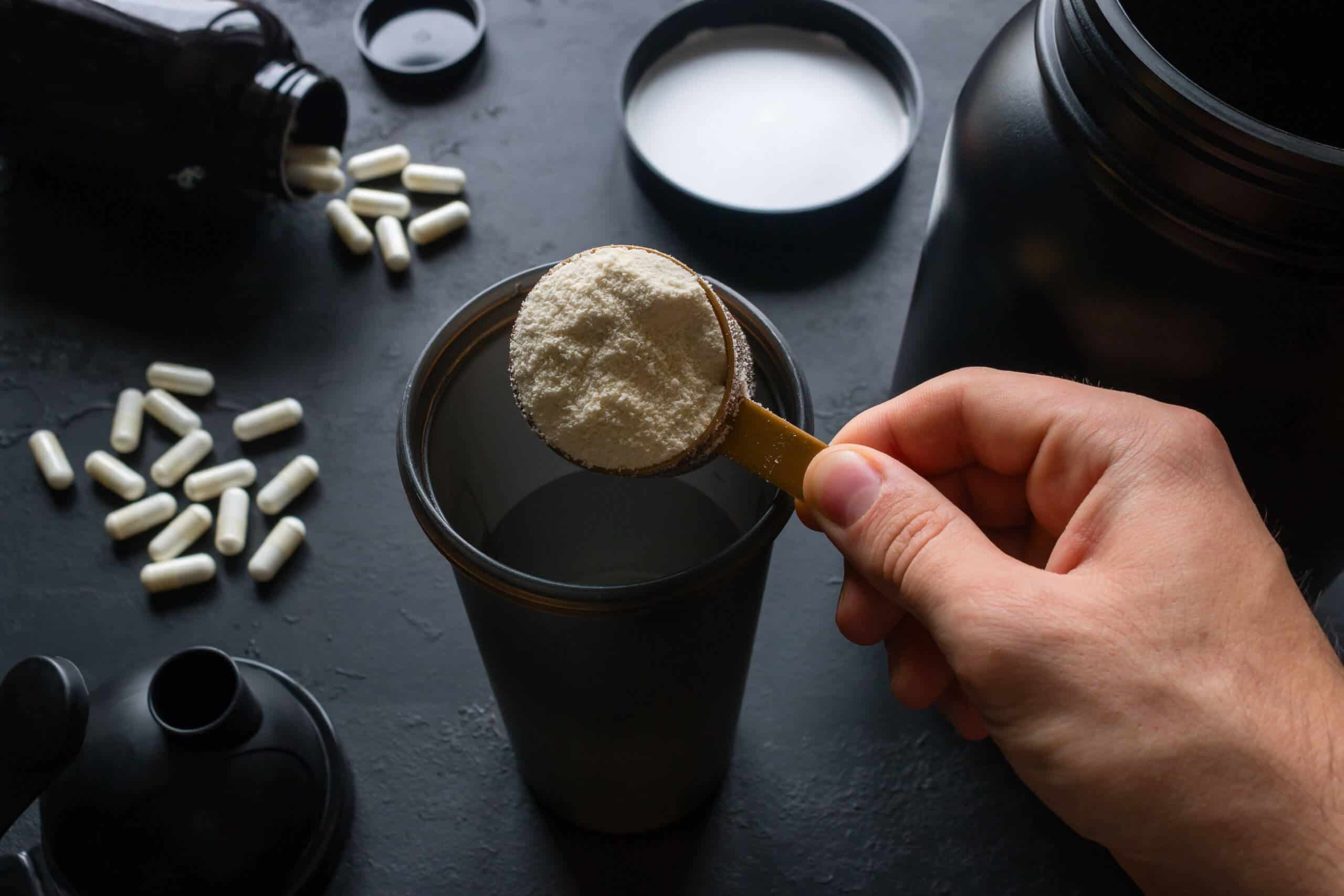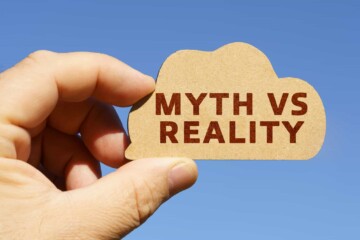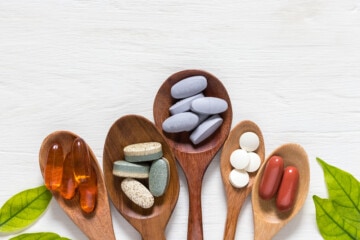Along with taking male fertility supplements, one of the most common pieces of advice to improve fertility is to exercise more and lose weight. There have been a number of studies which show that having your BMI in the ‘normal’ section – i.e., between 18.5–25 – correlates with improved fertility outcomes.
The best way to go about doing this is to exercise regularly and eat a balanced diet. As work piles up it can be difficult to get a balanced diet purely from the meals you eat, which is where we see food supplements come in. However, there are some concerns regarding the relationship between exercise supplements those designed for helping build muscle, and male fertility.
Anabolic steroids can cause a decline in sperm count
In the UK anabolic steroids are restricted medicines and can only be dispensed by pharmacists to those with a prescription. However, as many of you will be aware, these are often taken by those looking to improve their athletic performance and build muscle mass. There are a number of serious side-effects from this including addiction, increased risk of prostate cancer and erectile dysfunction. For more information surrounding anabolic steroids the NHS website has a lot of excellent information on the dangers of misuse.
One of the main side-effects men suffer from when taking anabolic steroids is a decline in sperm count, which can result in no sperm being produced whatsoever. This is reversible, however, depending on the level that has been taken it can take years to solve. We strongly advise that you do not continue to take anabolic steroids if you are wanting to start or grow your family.
The effect of pre-workout supplement and caffeine on fertility
Usually designed to provide a boost of energy to get you ready for high intensity workouts, these supplements are often very high in caffeine. Studies have shown caffeine can impair male reproductive function, thought to be through DNA damage inside the sperm head. Clinical studies suggest that caffeine intake could be associated with double-strand DNA breaks (DNA Fragmentation). Caffeine is also associated with sperm aneuploidy, the presence of an abnormal number of chromosomes in a cell, for example a human cell having 45 or 47 chromosomes instead of the usual 46. Sperm with a high rate of aneuploidy have a negative impact on pregnancy rate and are associated with recurrent pregnancy loss.
If you are trying to conceive it is probably best to avoid any caffeine where possible and remember caffeine is not just present in your pre-workout supplement. Consider cutting down your intake of caffeinated drinks such as teas, coffee, and caffeinated soft drinks and try to stop completely where possible. If you just cannot function without your morning coffee, try to reduce in stages, starting by lowering the dose to once a day, preferably only taking caffeinated drinks in the morning, then you can start to ask for half-caffeinated and eventually switch completely to decaffeinated.
Protein shakes and male fertility
Some of you might be thinking “I don’t use steroids I only supplement with protein powder so how is this relevant?”
Well, firstly, very little additional protein is required, even for heavy, demanding training, so the need for them is questionable. Moreover protein shakes may be contaminated with anabolic steroids. A study in the early 2000s showed that around 15% of these supplements that were purchased from many different countries contained undeclared anabolic steroids. This percentage is extremely concerning, especially when you consider the potential effects this can have on your health and wellbeing. This is why we advise you to avoid using protein shakes or powder supplementation when trying to conceive.
Fertility-friendly alternatives to protein powders
Many people who take protein shakes to help supplement their diet do so because they believe they need more protein to feel healthy and get good results from their hard work at the gym. As stated, it is not necessarily a high protein intake, but the healthiest source of protein, that is a necessary building block to build and/or repair the body’s cells, and this is best sourced from natural food. There are a number of high-protein foods which can provide the necessary protein to build or repair muscle mass whilst also preserving your fertility:
- Eggs
- Lean meat
- Cheese
- Yoghurt
- Fish
- Pulses (beans, lentils)
- Quinoa
- Nuts
Finding ways to incorporate these foodstuffs into your diet will help you to get the results you are after at the gym without compromising your fertility. Unfortunately, the alternatives do require extra effort on your part, but the results will come with that extra effort, much like when you go to the gym!








